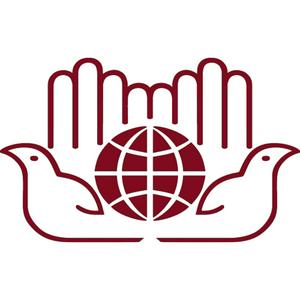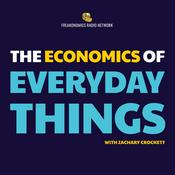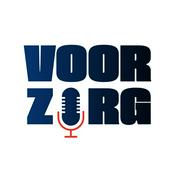Humanitarian Fault Lines

53 afleveringen

West Bank & Gaza: Roland Friedrich, Director of UNRWA Affairs in the West Bank
25-2-2025 | 39 Min.
Jamie speaks with Roland Friedrich, Director of UNRWA Affairs in the West Bank. They discuss how UNRWA is functioning across all occupied Palestine - West Bank and Gaza. Jamie asks him about recent Knesset legislation against UNRWA which has started to go into effect, this includes implementing a no-contact policy between UNRWA and the Israeli authorities. Roland explains the challenges in communicating with staff and authorities given the recent Israeli laws. Jamie asks him if there’s contingency plans in place if UNRWA operations are halted. And they discuss what the UN can do to ensure humanitarian support gets to people in the region.

Gaza: Georgios Petropoulos
17-2-2025 | 45 Min.
Jamie speaks with Georgios Petropoulos. He’s served with the United Nations Office for the Coordination of Humanitarian Affairs since 2012. He completed his most recent assignment in January as Head of Suboffice in Gaza. Georgios describes the immediate aftermath of the ceasefire. He explains that there was a sigh of relief as people went back to see what, if anything, was left of their homes. Jamie and Georgios talk about the obstacles in providing basic aid to the area. The challenges include lack of mobility and security. Jamie asks him what impact a ban on UNRWA will have for humanitarian assistance, and Jamie asks him what he believes the future could look like for Gaza.

Sudan: Jean-Guy Vataux, MSF
03-2-2025 | 37 Min.
Jamie speaks with Jean-Guy Vataux, a humanitarian aid worker with MSF who has been in Khartoum and Darfur over the past 18 months. He has been stationed in many conflict areas in Africa and the Middle East over the last 30 years including Sierra Leone, the DRC, and Libya. Jamie and Jean-Guy discuss the war in Sudan and the humanitarian catastrophe in the nation. Jean Guy describes a very difficult situation. He explains that there are multiple challenges such as getting access to those in need and keeping workers safe in conflict zones. Jamie asks him why it seems that Sudan has become a forgotten crisis, with a lack of humanitarian and diplomatic efforts for this conflict. Jean Guy says he hopes for a ceasefire but is preparing for a longer power struggle in the country which will require tremendous humanitarian aid.

Syria, Israel, Gaza & Trump With Deborah Amos
20-1-2025 | 32 Min.
Jamie speaks with Deborah Amos. She’s a Ferris Professor of Journalism in Residence at Princeton University. Deborah is an award winning journalist who spent much of her career as an international correspondent for National Public Radio. Her reporting on the Middle East was featured regularly on NPR's flagship programs. She's the author of two books - Eclipse of the Sunnis: Power, Exile, and Upheaval in the Middle East, and Lines in the Sand: Desert Storm and the Remaking of the Arab World. Deborah regularly publishes on her sub-stack page under Deb Amos. Jamie and Deborah discuss the situation in Syria and the possible outcomes for the country after the fall of Assad. Jamie asks her what Trump’s return to the White House means for the Middle East, focusing on what his administration could mean for Gaza and the West Bank. He also asks her about western media’s coverage of the Middle East and how she responds to criticism that western media has a pro-Israel bias.

Migration Crisis: William Plowright
06-1-2025 | 33 Min.
Jamie speaks with William Plowright, Assistant Professor of International Security at Durham University. He’s a political scientist, humanitarian aid worker, and author with over a decade of experience. William’s most recent book is called The War On Rescue. It documents how governments block assistance to people in times of crisis, focusing on the European Migration Crisis. Jamie asks William why European governments have been continuing to push anti-migration initiatives. William shares examples he came across where governments were stifling or intimidating NGO’s who assist refugees. Jamie and William also discuss the Mediterranean Sea and the lack of support from refugees who travel across that water.
Meer Zaken en persoonlijke financiën podcasts
Trending Zaken en persoonlijke financiën -podcasts
Over Humanitarian Fault Lines
Luister naar Humanitarian Fault Lines, Scam Inc from The Economist en vele andere podcasts van over de hele wereld met de radio.net-app

Ontvang de gratis radio.net app
- Zenders en podcasts om te bookmarken
- Streamen via Wi-Fi of Bluetooth
- Ondersteunt Carplay & Android Auto
- Veel andere app-functies
Ontvang de gratis radio.net app
- Zenders en podcasts om te bookmarken
- Streamen via Wi-Fi of Bluetooth
- Ondersteunt Carplay & Android Auto
- Veel andere app-functies


Humanitarian Fault Lines
download de app,
luisteren.





































